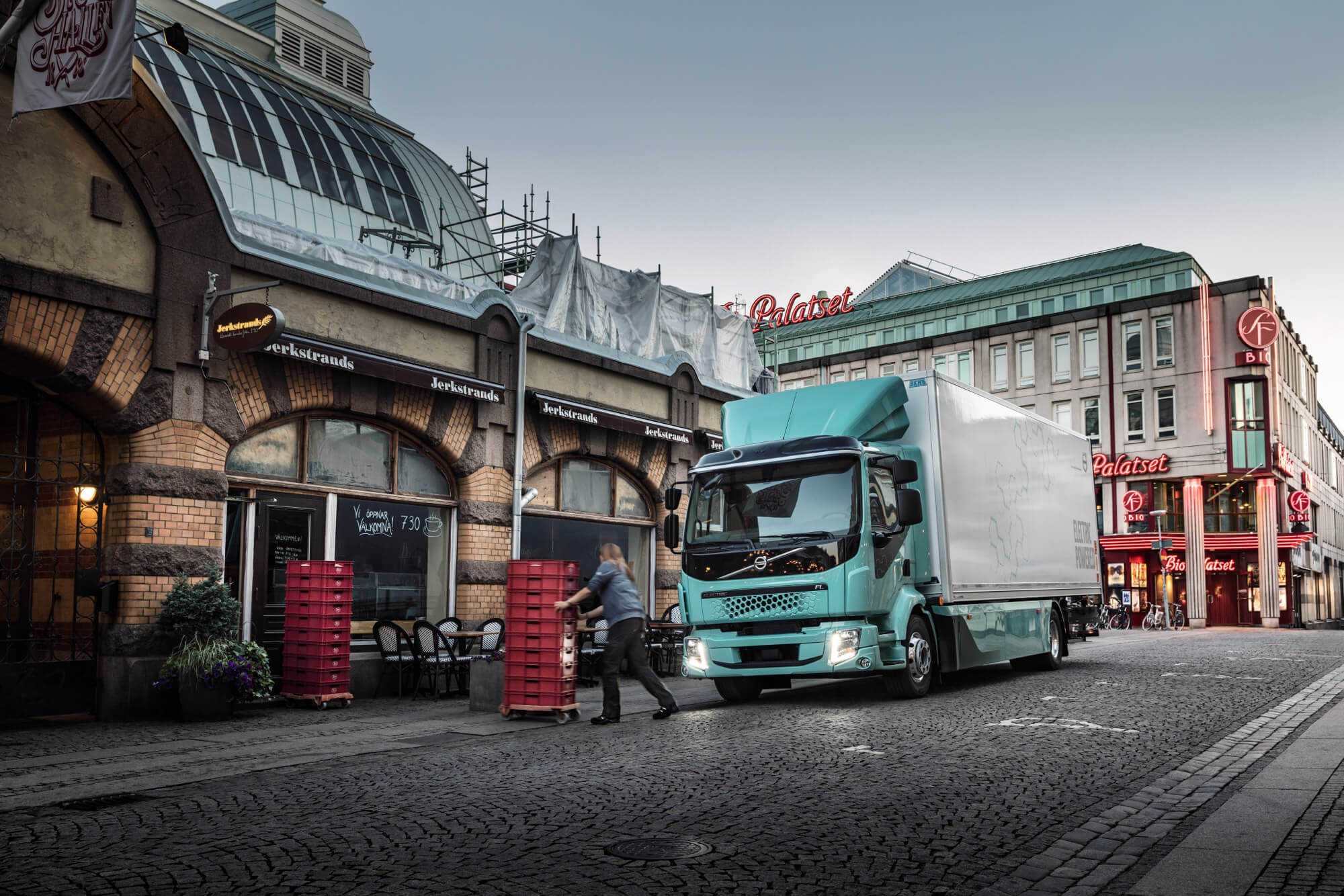Commitment
Transport and infrastructure is a pre-requisite for any society to prosper, and with a growing world population, urbanisation and booming e-commerce, the demand for transport will continue to increase. At the Volvo Group, we will meet that demand with solutions that are considerably safer, cleaner and more efficient than today’s.
We are committed to the Paris climate agreement and target to reach net-zero value chain emissions by 2040 at the latest. From a lifecycle perspective, the vast majority of emissions occur during the use phase of our products. The average lifetime of our products in the customer use phase is ten years, which means that for the entire rolling fleet to have net-zero emissions by 2050, it is necessary that all products delivered after 2040 have net-zero emissions.
Lighthouse initiative
Electric propulsion will become a cornerstone for commercial vehicles, with green energy supplied by batteries or hydrogen fuel cells depending on application.
Today, our range of battery electric vehicles and machines includes city buses, heavy- and medium-duty trucks, construction equipment, and electric drivelines for industrial and marine applications.
In the second half of the decade, we aim to start a series of production of fuel cell-powered commercial vehicles and machines.
By 2030, approximately 35% of our vehicles sales will consist of electrical alternatives.
The transition to electric solutions is dependent on the access to electricity and hydrogen from clean sourc¬es and on a rapid expansion of the charging infrastructure. Decarbonising the transport industry is a joint effort where we work together with customers, authorities, energy companies and other business partners.


